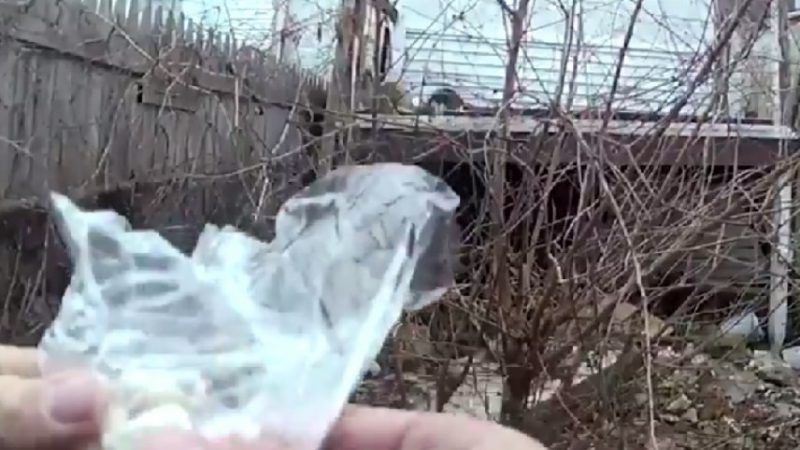Police Body Camera Appears to Catch Baltimore Officer Planting Drugs for a Search
This is why law enforcement should not have control over whether footage is released.

Baltimore Police body camera footage publicly released this week that appears to show an officer planting drugs at a crime scene, offered not one but two important takeaways.
Law enforcement officers should not determine whether body camera footage can be publicly released. This is exactly the type of behavior that we should worry will be concealed under Pennsylvania's new law that presumptively treats police recordings as though they are exempt from public records disclosures.
Much less discussed was the suspect, whose heroin possession charges were dropped by prosecutors after the release of the footage. The man had been in jail for more than six months because he couldn't scrape together the cash for bail in a system badly in need of reform.
When the public defender's office released the camera footage yesterday it very quickly became national news.
The officer's apparent intent was to use his body camera to capture finding drugs in a baggie in a soup can during a search. The body cameras used by Baltimore police, however, have a buffering system that takes 30 seconds of video without audio prior to the officer actually turning the camera on.
This footage showed the officer placing the baggie in the soup can, with two officers watching. The three officers walk away from the scene. With the camera on the officer is back at the scene appearing to look over a few things before finding the can and the drugs.
Baltimore Sun reporter Justin Fenton highlighted the video on Twitter yesterday before reporting the story:
Footage shows officer placing drugs in trash; goes out to street, turns on camera, returns. Cams save 30 sec prior to activation, w/o sound pic.twitter.com/5ZW128lWFM
— Justin Fenton (@justin_fenton) July 19, 2017
The officer has been suspended and the two others put on administrative duty while the police investigate what happened. While it appears that the officer is planting the drugs at the scene, the police commissioner noted that it's also possible they had found the drugs earlier and then decided they needed to "recreate" finding the drugs with the body cameras operating.
It probably doesn't need mentioning "recreating" a discovery of drugs on camera, for whatever reason, is still fundamentally dishonest behavior.
The suspect had been in jail since January, with his bail set at $50,000. How much taxpayer money was spent keeping this guy locked up? For that matter, how much money will taxpayers end up paying when he sues the city of Baltimore?
And what will happen to the case in which the suspended officer testified, apparently even after prosecutors were made aware of the drug "find" footage?
An unusual team of Sen. Rand Paul (R-Kentucky) and freshman Sen. Kamala Harris (D-CA) announced today their Pretrial Integrity and Safety Act. If passed, it would set aside $10 million in federal grants to encourage states to reform their bail laws and an additional $5 million to create a national pretrial reporting program to collect data on how the systems work on a state and municipal level.
The bill calls for bail to reflect the risks those arrested present to the public and prevent people from being stuck in jail cells solely because they cannot afford to pay.


Show Comments (29)